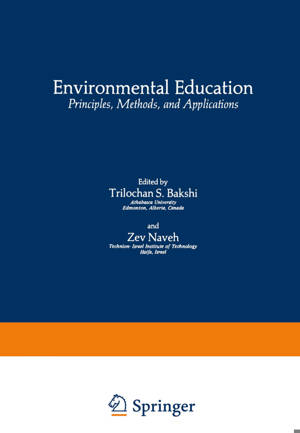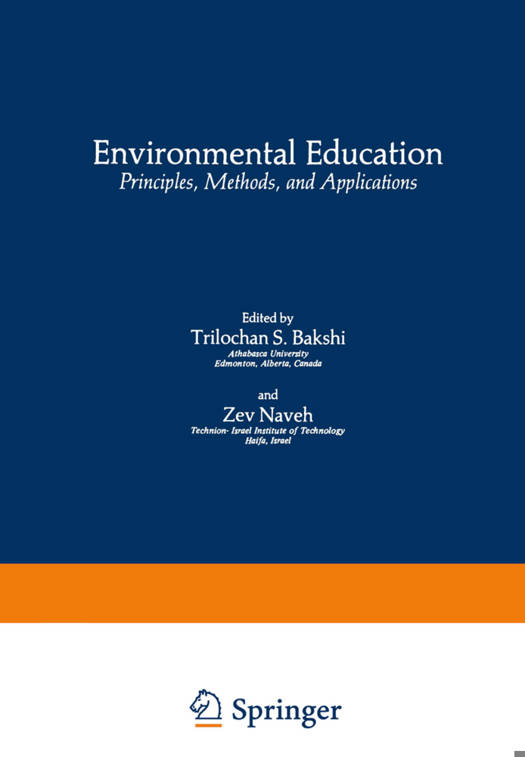
- Afhalen na 1 uur in een winkel met voorraad
- Gratis thuislevering in België vanaf € 30
- Ruim aanbod met 7 miljoen producten
- Afhalen na 1 uur in een winkel met voorraad
- Gratis thuislevering in België vanaf € 30
- Ruim aanbod met 7 miljoen producten
Zoeken
€ 125,95
+ 251 punten
Omschrijving
The environmental movement of the 1960s made educationists in some parts of the world aware of the significance and importance of ecology in curricula at all levels of education, from kindergarten to post-secondary. A great deal of progress was made in the early 1970s in incorporating environmental awareness programs into educa- tional systems go that what was once considered a fad was gradually becoming a part of formal education in a number of institutions, especially in Canada and the U.S.A. It was therefore appropriate that an international scientific body devote some time to the issue of ecology in education. Early in 1976, I suggested to the International Association for Ecology (Inteco1) that a symposium on Environmental Education be included in the program of the Second International Congress of Ecology scheduled to be held in Jerusalem in September 1978. In the first draft program of the Congress, the topic was included as a poster session. I considered this inadequate and appealed to the Congress Steering Committee to focus greater attention on environ- mental education. The first draft program contained phrases like "utilization of resources", "conservation problems", "environmental moni toring", and "irreversible changes". These phrases more or less assumed that people in general understood ecological principles. Literature on environmental education seems to suggest that a wide gap separated most of the professional ecologists from a large portion of mankind primarily because we the ecologists have paid scant attention to the ecological education of world's citizens.
Specificaties
Betrokkenen
- Auteur(s):
- Uitgeverij:
Inhoud
- Aantal bladzijden:
- 298
- Taal:
- Engels
- Reeks:
- Reeksnummer:
- nr. 18
Eigenschappen
- Productcode (EAN):
- 9781468437157
- Verschijningsdatum:
- 15/06/2012
- Uitvoering:
- Paperback
- Formaat:
- Trade paperback (VS)
- Afmetingen:
- 170 mm x 244 mm
- Gewicht:
- 485 g

Alleen bij Standaard Boekhandel
+ 251 punten op je klantenkaart van Standaard Boekhandel
Beoordelingen
We publiceren alleen reviews die voldoen aan de voorwaarden voor reviews. Bekijk onze voorwaarden voor reviews.











